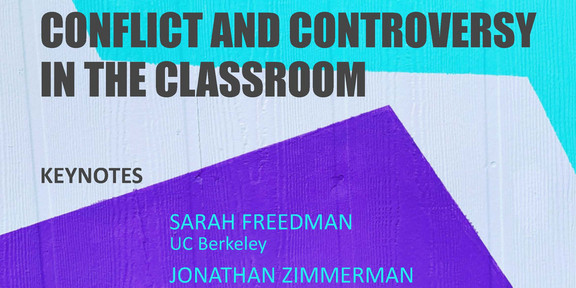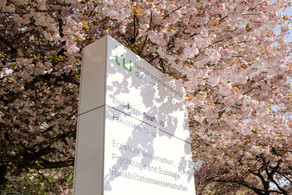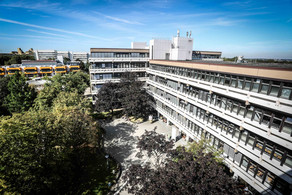Conflict and Controversy in the Classroom Conference at VU Amsterdam; 22.-23. September 2023
- Konferenz
- Allgemeine Erziehungswissenschaft

The questions of what topics should be taught as controversial and how they should be taught have recently received considerable attention both in the philosophy of education and in the wider public. The debate about adequate criteria – such as epistemic, behavioural, or political criteria – for distinguishing between controversial and non-controversial issues and deriving appropriate means for addressing them in public schools touches upon a variety of important theoretical and practical challenges. These challenges concern, among others, the civic role and authority of the teacher as a representative of the liberal state, as well as the distinction between indoctrination and legitimate forms of democratic and moral education. The task of dealing with controversial issues in the classroom is a politically fraught and practically complex challenge for teachers. As representatives of the liberal state and as educators in polarized political environments, teachers have to find ways to reconcile the necessity of impartiality in democratic education with the equally important goal of cultivating concrete civic dispositions and virtues in students that will make them active stewards of democratic life. In this vein, teachers have been increasingly exposed to allegations of political partiality or even indoctrination by political movements, parties and parents. In Germany, the Netherlands and in other countries in and outside of Europe, right-wing political parties have filed complaints against teachers for being non-neutral with respect to their political agenda, while left-wing politicians and theorists have encouraged forms of educational influence that overstep important democratic boundaries. As a result of these different expectations and demands, teachers must deal with a variety of conflicts, dilemmas and challenges when they address controversial issues in the classroom. How should teachers balance the tensions between engaging students in ‘authentic’ political controversies and creating a fair and inclusive classroom climate? Are they allowed to disclose their own political opinions? How should teachers respond to illiberal and anti-democratic statements in the classroom? What impact and role do differing sociopolitical contexts have in shaping the way teachers and students deal with controversial issues? And what are the differences that should be taken into account when teaching controversial issues in civics education and other subject areas?
This conference aims to deepen our understanding of the current “controversy over controversies” by focusing both on more general questions concerning the theory and practice of teaching controversial issues as well on the analysis of more domain- and subject-specific real-world cases in different sociopolitical contexts. In so doing, we hope to offer some concrete guidelines for addressing the difficult theoretical and practical challenges it raises.
The conference will take place at VU Amsterdam from 22.-23. September 2023. Those interested in participating need to submit a short abstract (about 300 words) as well as a short bio (two or three sentences) by the 15th of March 2023 to johannes.drerup@tu-dortmund.de. In case of acceptance, a first draft of complete papers will be due by the end of August 2023. The papers should cover not more than 6000 words (including references) and will be circulated among the participants two weeks before the conference. It is expected that all participants read the papers in advance of the conference. The results of the conference will be published in an edited volume.
Organized by Johannes Drerup (VU Amsterdam/TU Dortmund), Dorothee Gronostay (TU Dortmund) & Douglas Yacek (TU Dortmund)
Conflict and Controversy in the Classroom Conference at VU Amsterdam; 22.-23. September 2023




